Fully Booked
Or, The Gift of Learning
Hi Class,
We are almost at the end of the school year, and the calendar year, and congratulations for surviving it all. I can’t wait for Winter Break, and for many educators, we use the holiday term to catch our breaths a bit! I can’t think of a better way to do that than to catch up on some absorbing reading about all things not-so-serious to very serious. The major newspapers and magazines often provide lists of the very best books of the year, but I have a few recommendations that didn’t make those lists, but are equally amazing!
At the end of all my classes, I ask graduating seniors to identify themselves and share one piece of wisdom with the other students. Often, the students offer that they wished they had focused more on learning rather than grades, and they encourage less seasoned classmates to find something outside of their comfort zones and engage with it. It’s a nice tradition, and I think that we all have a lot of wisdom to share considering all the challenges of this past year. So, here’s an idea: If you are giving gifts to friends and family this year, consider adding a word of wisdom inside one of these books! If your holiday plans include zero books, I have a few podcast and TV/documentary picks, as well. Learning never takes a break!
Your Favorite Prof
For the History Enthusiast who enjoyed my book Franchise: The Golden Arches in Black America and Season 2 of Fargo on FX:
Soul City: Race, Equality, and the Lost Dream of An American Utopia, Thomas Healy
Often the punchline of American history, the United States in the 1970s is still fighting for respectful consideration, especially among histories of the Civil Rights era. Although the 1950s and 1960s ushered in a spate of pro-civil rights legislation and actions, it was the 1970s that compelled the most dynamic and idealistic experimentation. In this book, Thomas Healy chronicles the utopian idea of a self-sufficient, all-Black community in North Carolina. As you can imagine, the idea had to confront political and public scrutiny, and Healy thoughtfully tells the story of long-forgotten experiment in creating a world anew. If you can’t get enough soul, check out this 2018 documentary “Mr. Soul, The Movie” about a groundbreaking Black television show that captured the heart of the 1970s.
For the Music Buff who loved Hulu’s “Summer of Soul” concert documentary and has a killer record collection:
Energy Never Dies: Afro-Optimism and Creativity in Chicago, Ayana Conteras
When you think of the soulful sounds of the 1970s, you may assume that the music reflects the sensibility of creative capitals like Detroit or Harlem or Los Angeles. But, Ayana Contreras makes a case for the Chicago aesthetic and the importance of the city for musicians from Earth, Wind, and Fire to Natalie Cole and Donny Hathaway. In a series of thoughtful essays, Contreras emphasizes the ways that Black cultural institutions and businesses inspired and funded Black musicians, record companies, and performance spaces. Unlike most popular books about the end of Chicago’s Great Migration era, Contreras doesn’t dwell on narratives of urban decline or deprivation. Rather, she wants to celebrate the transfer of energies from South to North, idea to poem, individual to community. After reading this book, I beefed up my Spotify playlists, and magically I found myself back to my hometown. Check out this short documentary on Gramaphone Records in Chicago before diving in to this book!
For the Reader/Educator who is critical of how we talk about Educational Diversity and enjoyed the New York Times podcast “Nice White Parents:”
Blue Eyes, Brown Eyes: A Cautionary Tale of Race and Brutality, Stephen Bloom
If you grew up watching “Oprah” in the 1990s, you definitely remember seeing Jane Elliott, the teacher from Iowa who rose to fame by constructing an experiment to teach her all-white students what it meant to be discriminated against. The lesson was created for class the day after Martin Luther King, Jr. was assassinated in 1968. Using eye color as a proxy for race, Elliott spent two days teaching her students to degrade their classmates and noted how quickly they devolved into hatred and cruelty. From her classroom in Riceville, Iowa to the stage of The Johnny Carson Show to corporate seminars, Elliott became a leading authority on diversity training, and she reproduced the eye color experiment with White adults for decades. In a well-researched and thoughtful history of the exercise, Bloom tells the story of Elliott’s own background and her strained relationships with her neighbors and school system before the experiment, and he raises important ethical questions about her methods. If you want to watch the iconic “Oprah” episode featuring the exercise and some really upset studio audience members, check it out below.
For the Science Nerd in your life who enjoyed Michael Pollan’s Netflix documentaries Food, Inc. and Cooked:
Seed Money: Monsanto’s Past and Our Food Future, Bartow Elmore
I love a good corporate history, obviously, and this is an extremely thorough look at the evolution of Monsanto, the company that has become synonymous with the excesses of Big Ag and the anxieties about GMO (genetically modified foods). In this sweeping account, you learn about Monsanto’s shapeshifting from a chemical company to an agricultural chemical company to food technology company over the course of a century. Elmore is particularly adept at scene setting, and whether he brings you into Monsanto’s corporate offices in St. Louis or to Soda Springs, Utah, a small town that has been absorbing the environmental waste produced by Monsanto’s phosphorous plants for decades, this is a science book that attends to the stories of real people.
You can get a sneak peek into the book with this video of a conversation between me and Elmore this past year.
And, for the New Year, a few things to look forward to in 2022 (and we really need something to look forward to):
Yours truly in the documentary “Preserving Democracy: Pursuing a More Perfect Union” on January 6, 2022, with appearances by Bill Moyers, Jelani Cobb, and Alexis Coe (subject of this week’s subscribers-only interview “What’s Your Order?”) Check your local PBS listings. And, join the conversation about the film on December 14, 5 p.m. EST. Register here.
A new book by Mike Amezcua on Mexican-Americans in Chicago, Making Mexican Chicago: From Postwar Settlement to the Age of Gentrification (February 2022). I’ll be joining the author as the moderator for a conversation about this fantastic book in February. watch my Twitter feed for more details.
May 2022 not resemble 2021 or 2020!
Your Favorite Prof


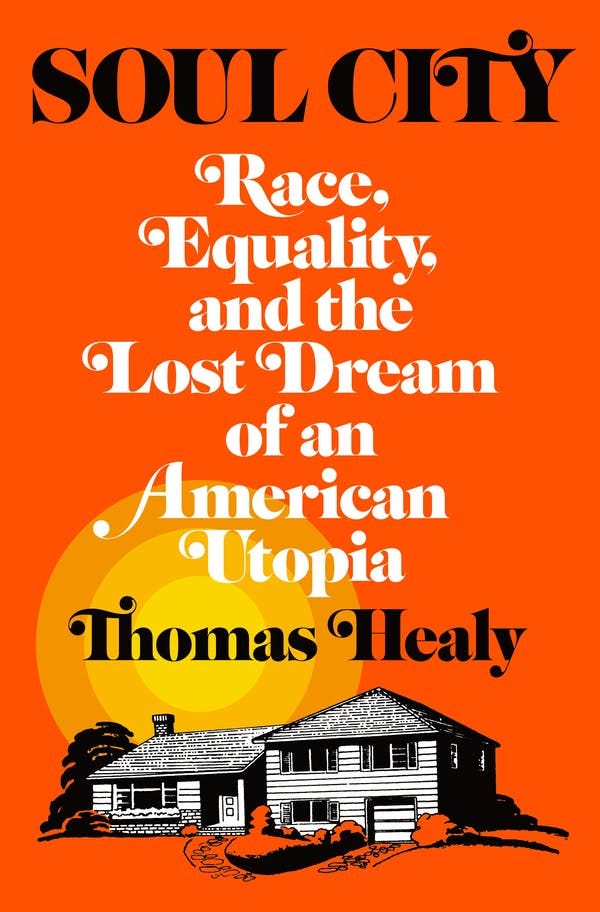
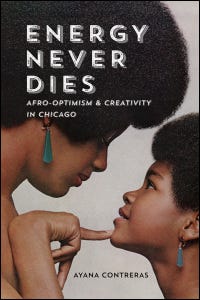
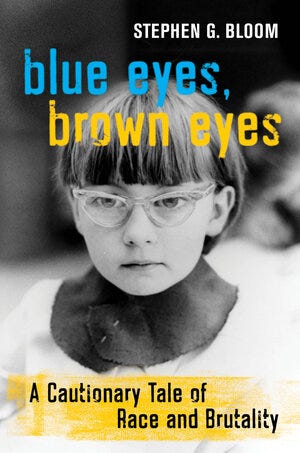
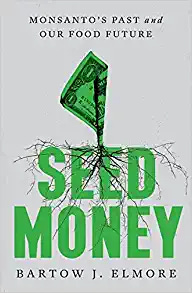
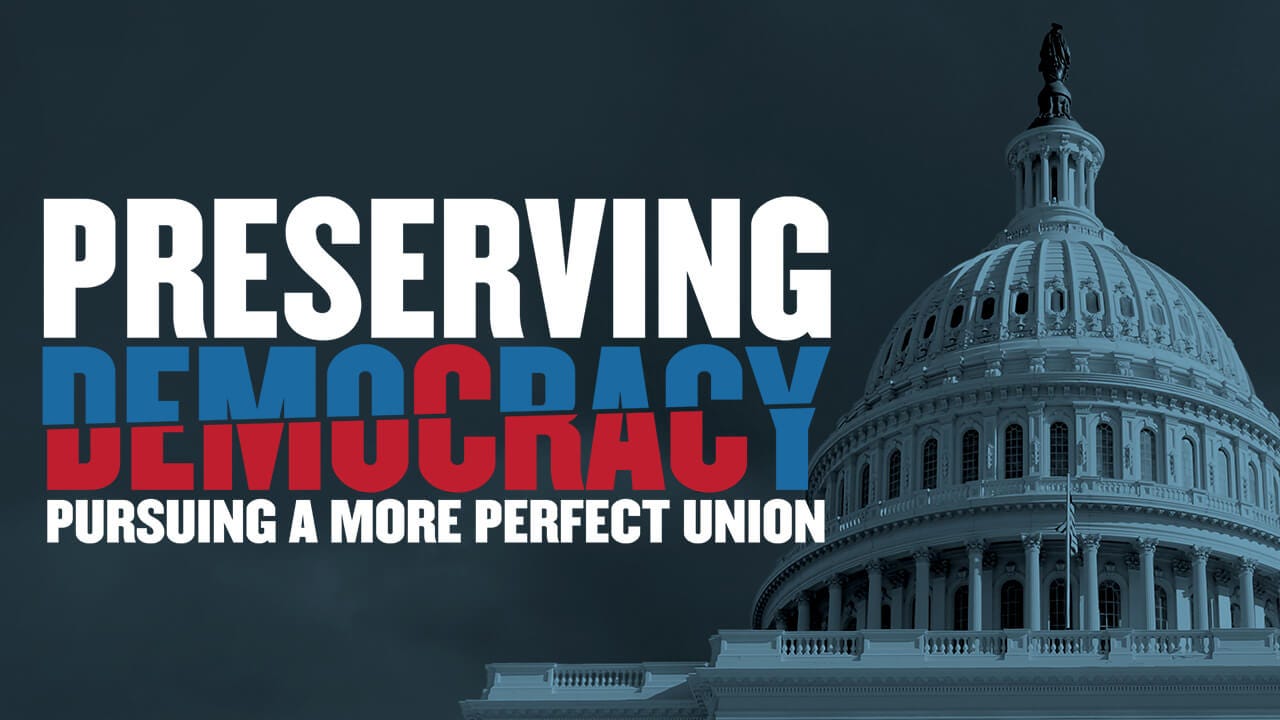
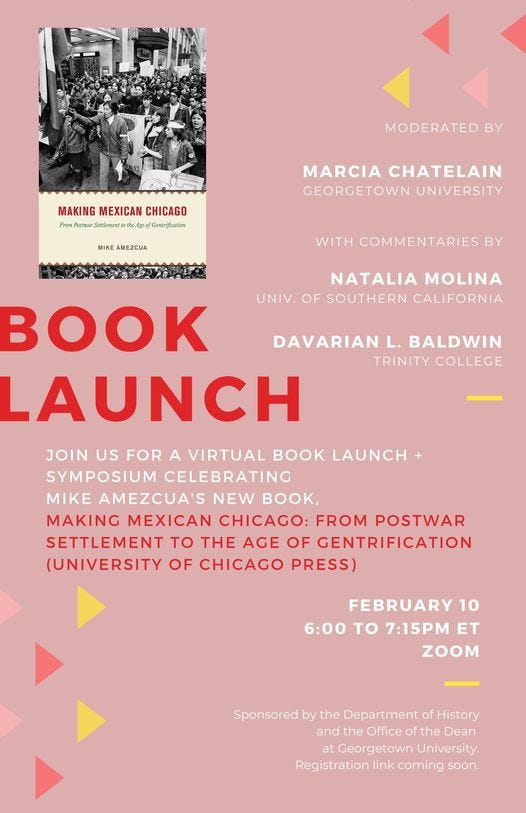
Those of us who remember the Seventies and are fed up to the back teeth with hearing it maligned salute you! 😀